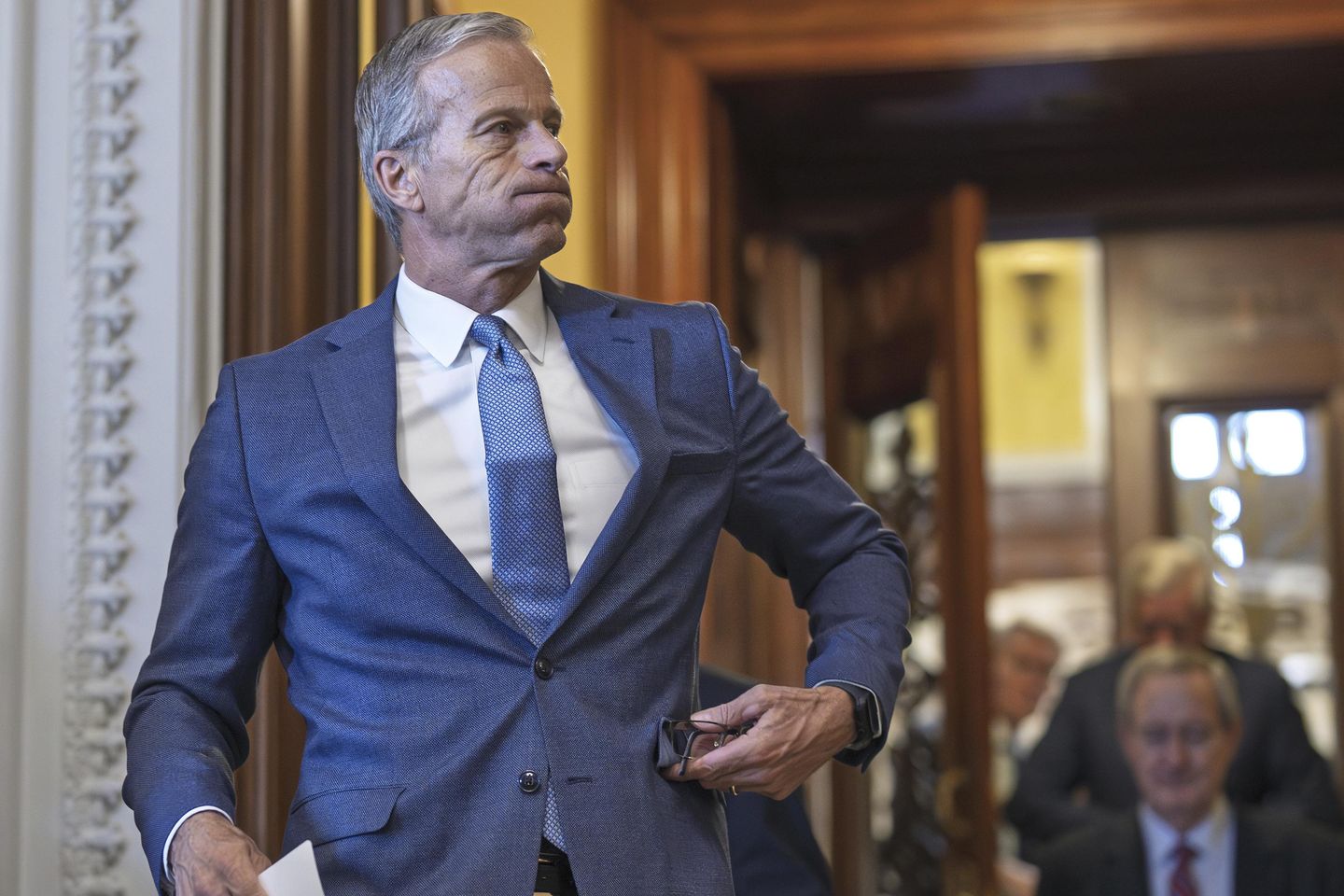
Don’t miss the full story from our staff writers, whose reportage is the basis of this article.
The Senate narrowly passed President Trump’s comprehensive tax and spending legislation, known as the “One Big Beautiful Bill Act,” by a 51-50 vote on Tuesday, with Vice President J.D. Vance casting the decisive tie-breaking vote. The bill now moves to the House for a critical Wednesday vote as Republicans rush to meet Mr. Trump’s Independence Day deadline for signing the legislation.
The Senate victory came after more than 24 hours of intense negotiations during a marathon voting session, with Republican leaders working tirelessly to convince holdouts. Senate Majority Leader John Thune acknowledged the difficulty of the process but expressed satisfaction with securing Mr. Trump’s legislative priorities.
The sweeping package includes several major components: permanent extension of the president’s 2017 tax cuts (preventing a $4 trillion tax increase), new deductions for tips and overtime pay, temporary increases to the state and local tax (SALT) deduction cap from $10,000 to $40,000, and a $6,000 deduction for seniors. The bill also allocates $46.5 billion for border wall completion, $150 billion for national defense including the Golden Dome project, and raises the debt limit by $5 trillion.
However, the legislation faces significant opposition due to its proposed spending cuts of over $1 trillion, primarily targeting Medicaid and the Supplemental Nutrition Assistance Program (SNAP). The bill would implement work requirements for able-bodied Medicaid recipients without young dependents and tighten SNAP work requirements.
Three Senate Republicans ultimately voted against the measure: Susan Collins of Maine, Thom Tillis of North Carolina, and Rand Paul of Kentucky. Sens. Collins and Tillis opposed steep Medicaid cuts and clean energy tax credit phaseouts, while Sen. Paul objected to the deficit impact. Sen. Lisa Murkowski of Alaska provided the crucial final vote after securing protections for her state from certain program cuts.
The House faces even greater challenges, with 16 moderate Republicans opposing the Medicaid cuts and fiscal conservatives arguing the spending reductions are insufficient.
Rep. Ralph Norman called the Senate changes “unconscionable” and pledged to vote against the bill.
Democrats in both chambers strongly oppose the legislation, with Sen. Angus King calling it the “most disgusting vote” of his career. They argue Republicans are providing tax breaks to wealthy Americans while cutting healthcare and food benefits for low-income families.
President Trump celebrated the Senate victory and urged House Republicans to unite behind the bill, emphasizing that it represents everyone’s policy wins and will deliver lower taxes, higher wages, secure borders, and stronger military for the American people.
Read more: Hard-fought win in Senate sets up round two throwdown in House for Trump’s big bill
This article is written with the assistance of generative artificial intelligence based solely on Washington Times original reporting and wire services. For more information, please read our AI policy or contact Ann Wog, Managing Editor for Digital, at awog@washingtontimes.com
The Washington Times AI Ethics Newsroom Committee can be reached at aispotlight@washingtontimes.com.












